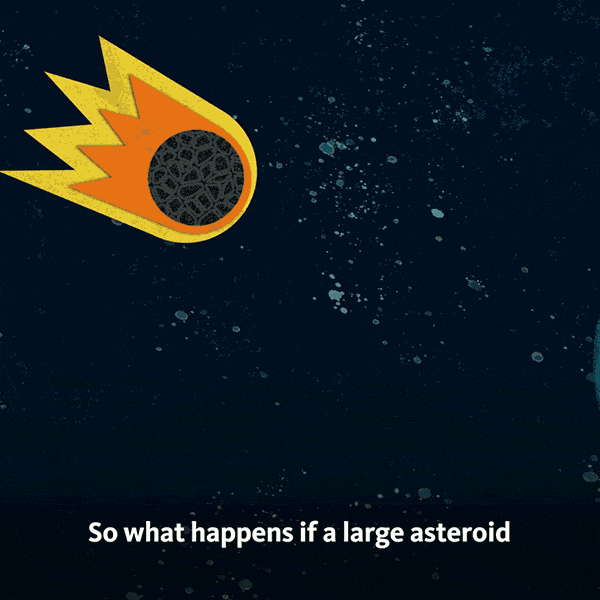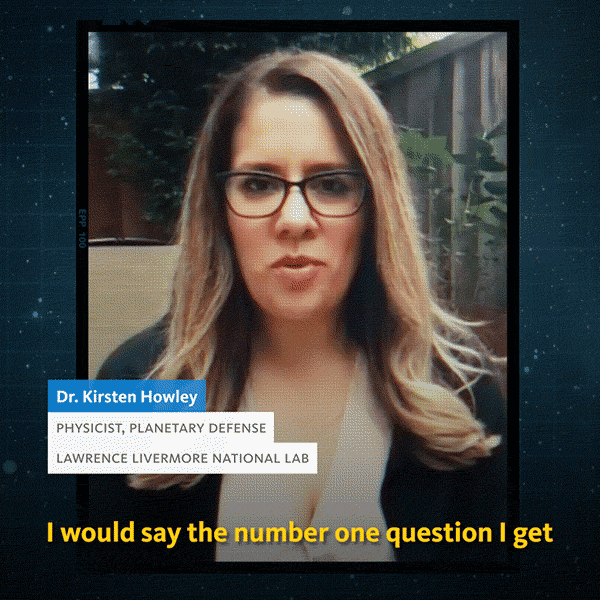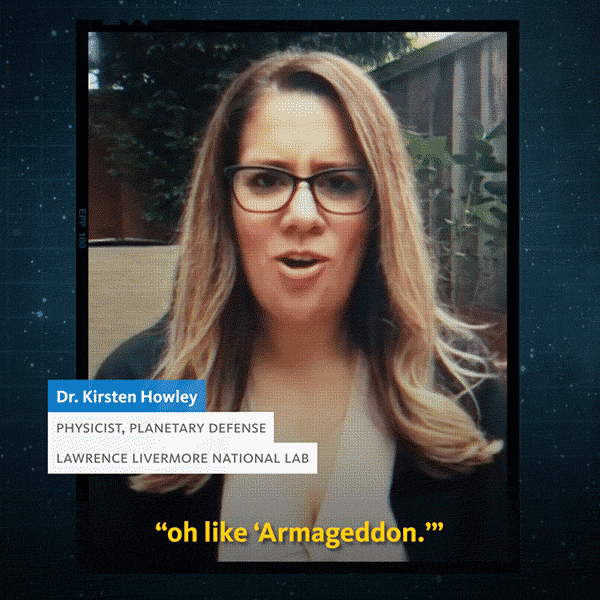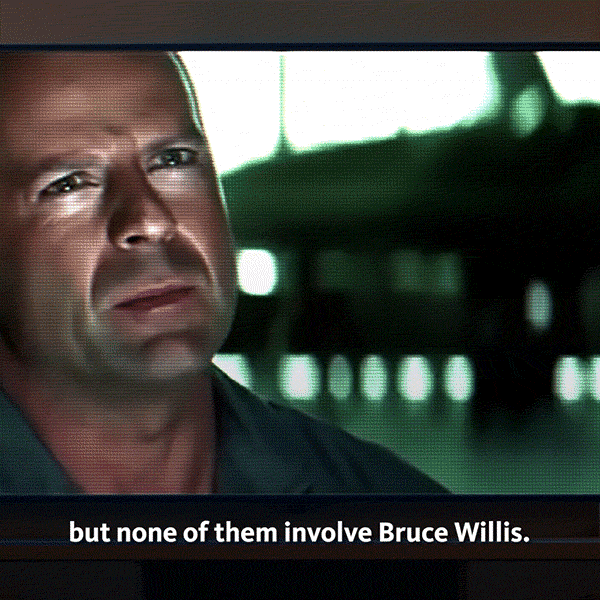Trowa (5'3''), Wufei (5'1'') , Quatre (5'1''), Duo (5'1''), Heero (5'1''), Relena (5'0''), Zechs (5'10''),

Trowa (5'3''), Wufei (5'1'') , Quatre (5'1''), Duo (5'1''), Heero (5'1''), Relena (5'0''), Zechs (5'10''), Treize (5'11'")
(Heights are according to settei and art book accounts.)
Edit: thanks @lagrange-pts for pointing out Zechs is actually 184cm (6'0)
More Posts from Goneau2xr and Others
I have been writing and rewriting and starting and restarting the same story for probably like 13 or 14 years, and I keep feeling like maybe this time I will get it to work.
Therapist: You need to stop doing weird things. Try going out more.
Trowa: I went to the park today.
Therapist: Good! I hope you got something from that.
Trowa: *opens jacket* This duck.
Writing Notes: Speech & Language

Milestones Related to Speech and Language
Birth to 5 months
Coos
Vocalizes pleasure and displeasure sounds differently (laughs, giggles, cries, or fusses)
Makes noise when talked to
6 to 11 months
Understands "no-no"
Babbles (says "ba-ba-ba")
Says "ma-ma" or "da-da" without meaning
Tries to communicate by actions or gestures
Tries to repeat your sounds
Says first word
2 to 17 months
Answers simple questions nonverbally
Says 2-3 words to label a person/object (pronunciation may not be clear)
Tries to imitate simple words
Vocabulary of 4-6 words
18 to 23 months
Vocabulary of 50 words, pronunciation is often unclear
Asks for common foods by name
Makes animal sounds ("moo")
Starting to combine words ("more milk")
Begins to use pronouns ("mine")
Uses 2-word phrases
2 to 3 years
Knows some spatial concepts ("in" or "on")
Knows pronouns ("you," "me" or "her")
Knows descriptive words ("big" or "happy")
Uses 3-word sentences
Speech becomes more accurate, but may still leave off-ending sounds. Strangers may not understand much of what is said.
Answers simple questions
Begins to use more pronouns ("you" or "I")
Uses question inflection to ask for something ("my ball?")
Begins to use plurals ("shoes" or "socks"; regular past tense verbs, "jumped")
3 to 4 years
Groups objects, such as foods or clothes
Identifies colors
Uses most speech sounds, but may distort some of the more difficult sounds, such as l, r, s, sh, ch, y, v, z, th. These sounds may not be fully mastered until age 7 or 8.
Uses consonants in the beginning, middle, and ends of words.
Some of the more difficult consonants may be distorted, but attempts to say them
Strangers are able to understand much of what is said
Able to describe the use of objects ("fork" or "car")
Has fun with language; enjoys poems and recognizes language absurdities ("Is that an elephant on your head?")
Expresses ideas and feelings rather than just talking about the world around him or her
Uses verbs that end in "ing" ("walking" or "talking")
Answers simple questions ("What do you do when you are hungry?")
Repeats sentences
4 to 5 years
Understands spatial concepts ("behind" or "next to")
Understands complex questions
Speech is understandable, but makes mistakes pronouncing long, difficult, or complex words ("hippopotamus")
Uses some irregular past tense verbs ("ran" or "fell")
Describes how to do things (e.g., painting a picture)
Lists items that belong in a category (e.g., animals or vehicles)
Answers "why" questions
5 years
Understands time sequences (e.g., what happened first, second...)
Carries out a series of 3 directions
Understands rhyming
Engages in conversation
Sentences can be 8 or more words in length
Uses compound and complex sentences
Describes objects
Uses imagination to create stories
NOTE
The ability to hear is essential for proper speech and language development.
Hearing problems may be suspected in children who are not responding to sounds or who are not developing their language skills appropriately.
The above are some age-related guidelines that may help to decide if your child is experiencing hearing problems.
It's important to remember that not every child is the same.
Children reach milestones at different ages.
Source ⚜ More: References ⚜ On Children ⚜ Hearing ⚜ Children's Dialogue
Duo: Who do I shoot?!
Heero: Him!
Heero Clone: No! He’s lying! Remember? I care about you.
Duo: [shoots the clone]
Heero: What-
Duo: ‘I care about you’ sounds like something you wouldn’t say to me.
Heero: Okay, WOW-










Gundam Wing Pilots: First and Last appearances
[aboard Peacemillion]
Wufei: What the hell are you doing?!
Duo, not looking up: I’m building a bomb.
Wufei: On the ship?!
Duo: I was gonna put it in a box.
Wufei: What’s a box gonna do?!

Sometimes I can almost bring myself to acknowledge Frozen Teardrop, then I see Quatre’s sister clone and instantly lose all feeling.
Heero: I need to kill her.
Duo, boredly: Why?
Heero: [glaring at Relena from a distance] I don’t know how to flirt with her so she has to die.








What Hollywood gets wrong (and right!) about protecting the Earth from asteroids
In the 1998 movie, “Armageddon,” an asteroid the width of Texas is about to hit Earth. The heroes who stop it in just the nick of time are a group of orange-suited Americans, all men.
Life isn’t always like the movies.
Not that an asteroid couldn’t slam into Earth, mind you. Asteroids — mostly tiny ones — pass by our planet virtually every second. But the people charged with stopping the big ones aren’t reaching for their spacesuits with mere hours to spare.
And spoiler alert: They also aren’t all men.
“I would say the number one question I get when I tell people what I work on, is ‘Oh, like ‘Armageddon?’’ And it’s nothing like ‘Armageddon,’” says Lawrence Livermore National Lab physicist Kirsten Howley, whose day job includes defending our planet from asteroids.
Howley doesn’t have an orange jumpsuit at hand, but her job is serious business. She and her team of planetary defenders specialize in how we might deflect an asteroid that poses a threat to Earth.
Read more
Helpful things for action writers to remember
Sticking a landing will royally fuck up your joints and possibly shatter your ankles, depending on how high you’re jumping/falling from. There’s a very good reason free-runners dive and roll.
Hand-to-hand fights usually only last a matter of seconds, sometimes a few minutes. It’s exhausting work and unless you have a lot of training and history with hand-to-hand combat, you’re going to tire out really fast.
Arrows are very effective and you can’t just yank them out without doing a lot of damage. Most of the time the head of the arrow will break off inside the body if you try pulling it out, and arrows are built to pierce deep. An arrow wound demands medical attention.
Throwing your opponent across the room is really not all that smart. You’re giving them the chance to get up and run away. Unless you’re trying to put distance between you so you can shoot them or something, don’t throw them.
Everyone has something called a “flinch response” when they fight. This is pretty much the brain’s way of telling you “get the fuck out of here or we’re gonna die.” Experienced fighters have trained to suppress this. Think about how long your character has been fighting. A character in a fist fight for the first time is going to take a few hits before their survival instinct kicks in and they start hitting back. A character in a fist fight for the eighth time that week is going to respond a little differently.
ADRENALINE WORKS AGAINST YOU WHEN YOU FIGHT. THIS IS IMPORTANT. A lot of times people think that adrenaline will kick in and give you some badass fighting skills, but it’s actually the opposite. Adrenaline is what tires you out in a battle and it also affects the fighter’s efficacy - meaning it makes them shaky and inaccurate, and overall they lose about 60% of their fighting skill because their brain is focusing on not dying. Adrenaline keeps you alive, it doesn’t give you the skill to pull off a perfect roundhouse kick to the opponent’s face.
Swords WILL bend or break if you hit something hard enough. They also dull easily and take a lot of maintenance. In reality, someone who fights with a sword would have to have to repair or replace it constantly.
Fights get messy. There’s blood and sweat everywhere, and that will make it hard to hold your weapon or get a good grip on someone.
A serious battle also smells horrible. There’s lots of sweat, but also the smell of urine and feces. After someone dies, their bowels and bladder empty. There might also be some questionable things on the ground which can be very psychologically traumatizing. Remember to think about all of the character’s senses when they’re in a fight. Everything WILL affect them in some way.
If your sword is sharpened down to a fine edge, the rest of the blade can’t go through the cut you make. You’ll just end up putting a tiny, shallow scratch in the surface of whatever you strike, and you could probably break your sword.
ARCHERS ARE STRONG TOO. Have you ever drawn a bow? It takes a lot of strength, especially when you’re shooting a bow with a higher draw weight. Draw weight basically means “the amount of force you have to use to pull this sucker back enough to fire it.” To give you an idea of how that works, here’s a helpful link to tell you about finding bow sizes and draw weights for your characters. (CLICK ME)
If an archer has to use a bow they’re not used to, it will probably throw them off a little until they’ve done a few practice shots with it and figured out its draw weight and stability.
People bleed. If they get punched in the face, they’ll probably get a bloody nose. If they get stabbed or cut somehow, they’ll bleed accordingly. And if they’ve been fighting for a while, they’ve got a LOT of blood rushing around to provide them with oxygen. They’re going to bleed a lot.
Here’s a link to a chart to show you how much blood a person can lose without dying. (CLICK ME)
If you want a more in-depth medical chart, try this one. (CLICK ME)
Hopefully this helps someone out there. If you reblog, feel free to add more tips for writers or correct anything I’ve gotten wrong here.
-
 catpsule liked this · 4 months ago
catpsule liked this · 4 months ago -
 cxsmicbrownies reblogged this · 1 year ago
cxsmicbrownies reblogged this · 1 year ago -
 cxsmicbrownies liked this · 1 year ago
cxsmicbrownies liked this · 1 year ago -
 sillyjillyi liked this · 2 years ago
sillyjillyi liked this · 2 years ago -
 roredroy reblogged this · 2 years ago
roredroy reblogged this · 2 years ago -
 stealingmyplaceinthesun reblogged this · 3 years ago
stealingmyplaceinthesun reblogged this · 3 years ago -
 stealingmyplaceinthesun liked this · 3 years ago
stealingmyplaceinthesun liked this · 3 years ago -
 kawaiiusagichansan liked this · 3 years ago
kawaiiusagichansan liked this · 3 years ago -
 tcpla liked this · 3 years ago
tcpla liked this · 3 years ago -
 nightphoebe liked this · 3 years ago
nightphoebe liked this · 3 years ago -
 cielbloodrain liked this · 3 years ago
cielbloodrain liked this · 3 years ago -
 kasbe-26 liked this · 3 years ago
kasbe-26 liked this · 3 years ago -
 lafeal liked this · 3 years ago
lafeal liked this · 3 years ago -
 argonraptor liked this · 3 years ago
argonraptor liked this · 3 years ago -
 spyingandtumbling liked this · 3 years ago
spyingandtumbling liked this · 3 years ago -
 motleyreviewsbackup liked this · 3 years ago
motleyreviewsbackup liked this · 3 years ago -
 original-kakabel reblogged this · 3 years ago
original-kakabel reblogged this · 3 years ago -
 tzigane reblogged this · 3 years ago
tzigane reblogged this · 3 years ago -
 tzigane liked this · 3 years ago
tzigane liked this · 3 years ago -
 subtextsays reblogged this · 3 years ago
subtextsays reblogged this · 3 years ago -
 subtextsays liked this · 3 years ago
subtextsays liked this · 3 years ago -
 zaganthi reblogged this · 3 years ago
zaganthi reblogged this · 3 years ago -
 goneau2xr reblogged this · 3 years ago
goneau2xr reblogged this · 3 years ago -
 lauralizrobinson liked this · 3 years ago
lauralizrobinson liked this · 3 years ago -
 destroyscythe-heck reblogged this · 3 years ago
destroyscythe-heck reblogged this · 3 years ago -
 celestial-marksman liked this · 3 years ago
celestial-marksman liked this · 3 years ago -
 hauntedgardenermaker liked this · 3 years ago
hauntedgardenermaker liked this · 3 years ago -
 tinkerbellgirl2 liked this · 3 years ago
tinkerbellgirl2 liked this · 3 years ago -
 itsbelramos liked this · 3 years ago
itsbelramos liked this · 3 years ago -
 kittykatz liked this · 3 years ago
kittykatz liked this · 3 years ago -
 tuzito12 liked this · 3 years ago
tuzito12 liked this · 3 years ago -
 godofalleyeteeth liked this · 3 years ago
godofalleyeteeth liked this · 3 years ago -
 gemstonecircles liked this · 3 years ago
gemstonecircles liked this · 3 years ago -
 bryony-rebb reblogged this · 3 years ago
bryony-rebb reblogged this · 3 years ago -
 oceans-pebble liked this · 3 years ago
oceans-pebble liked this · 3 years ago -
 noirangetrois reblogged this · 3 years ago
noirangetrois reblogged this · 3 years ago -
 ashke-leshay liked this · 3 years ago
ashke-leshay liked this · 3 years ago -
 gennasaur liked this · 3 years ago
gennasaur liked this · 3 years ago -
 roredroy reblogged this · 3 years ago
roredroy reblogged this · 3 years ago -
 sharksmirk liked this · 3 years ago
sharksmirk liked this · 3 years ago -
 keiko1183 liked this · 3 years ago
keiko1183 liked this · 3 years ago -
 roredroy reblogged this · 3 years ago
roredroy reblogged this · 3 years ago -
 roredroy liked this · 3 years ago
roredroy liked this · 3 years ago -
 not-so-dead-fandoms liked this · 3 years ago
not-so-dead-fandoms liked this · 3 years ago -
 not-so-dead-fandoms reblogged this · 3 years ago
not-so-dead-fandoms reblogged this · 3 years ago -
 bobo-is-tha-bomb reblogged this · 3 years ago
bobo-is-tha-bomb reblogged this · 3 years ago -
 jetsetetcetera-blog liked this · 3 years ago
jetsetetcetera-blog liked this · 3 years ago

Go away, there's nothing for you here. I ship Duo and Relena and you'll pry my rarepair from my cold dead hands.
259 posts